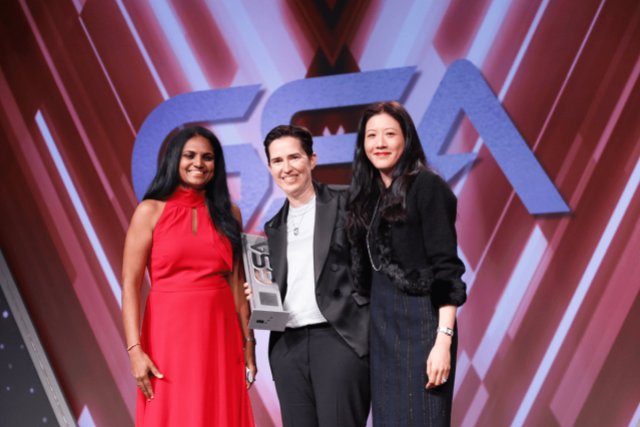Formal education is foundational to scaling up the skills needed to expand U.S. onshoring of chip-manufacturing capabilities, but mentorship has always been a critical component of growing on-the-job expertise.
The chip industry presents unique challenges when it comes to mentoring due to its complexity and how quickly the tech evolves. Add to that a graying workforce, and there is a clear need for more formalized mentorship programs that not only support young people but also focus on women and people of color.
Mentorship is especially critical as the semiconductor industry looks to become more diverse and looks to help more women and underrepresented people of color succeed in technology. Understanding different identities can improve employee retention, and mentorship programs can help.
Having a mentor who is a decade ahead of you is more impactful than someone who is at the same stage and struggling with the same challenges, and mentorship across generations is also critical to growing the onshore semiconductor workforce and reinvigorating manufacturing capacity.
Read my full story for EE Times.
Gary Hilson is a freelance writer with a focus on B2B technology, including information technology, cybersecurity, and semiconductors.
